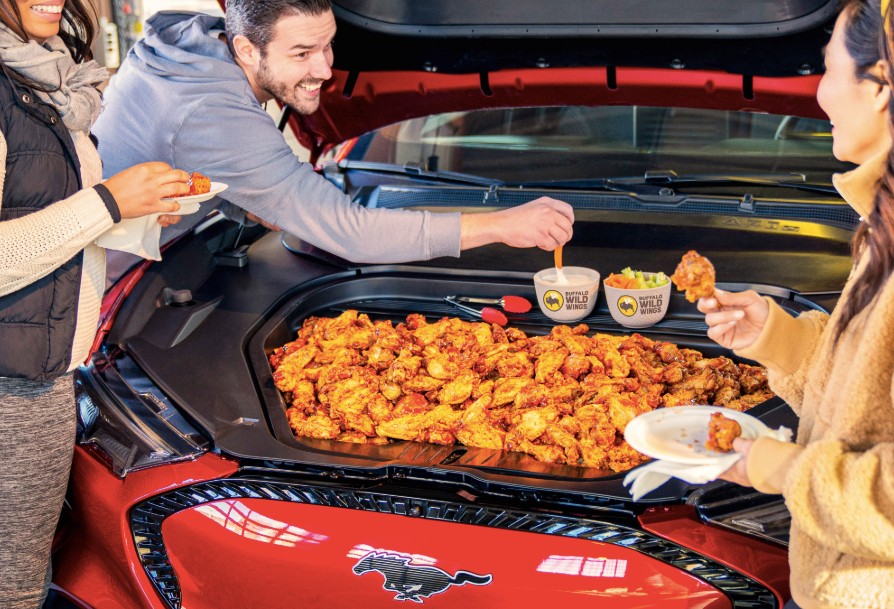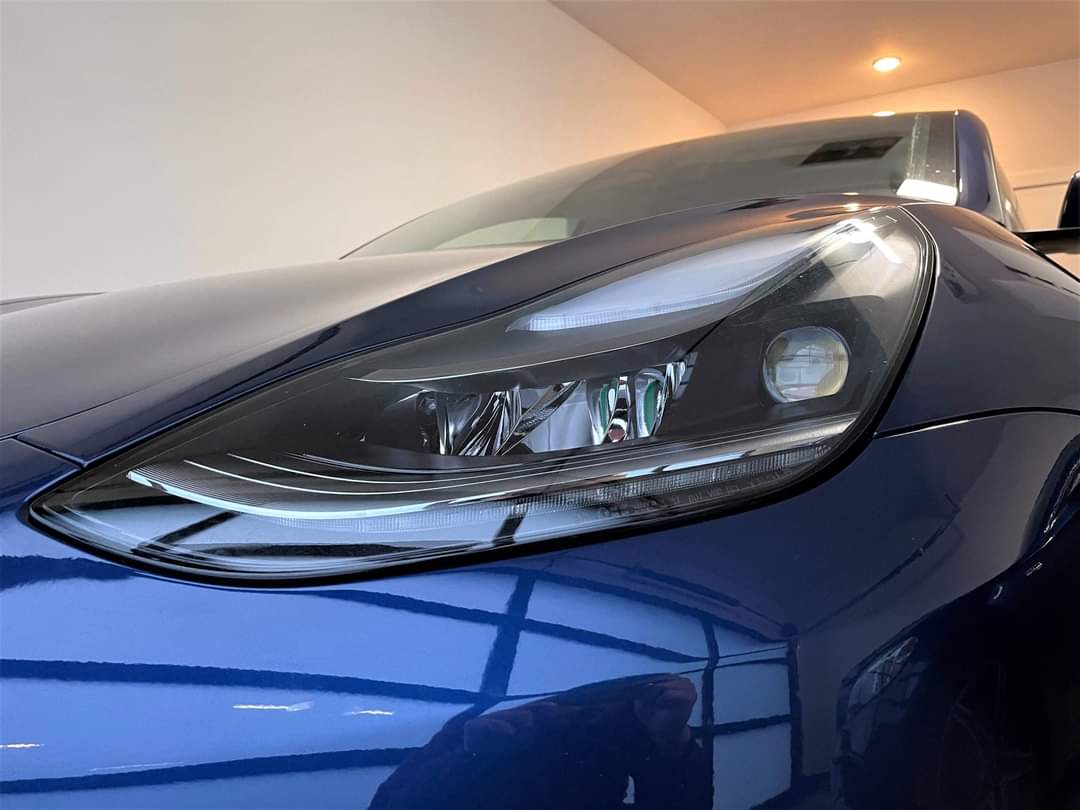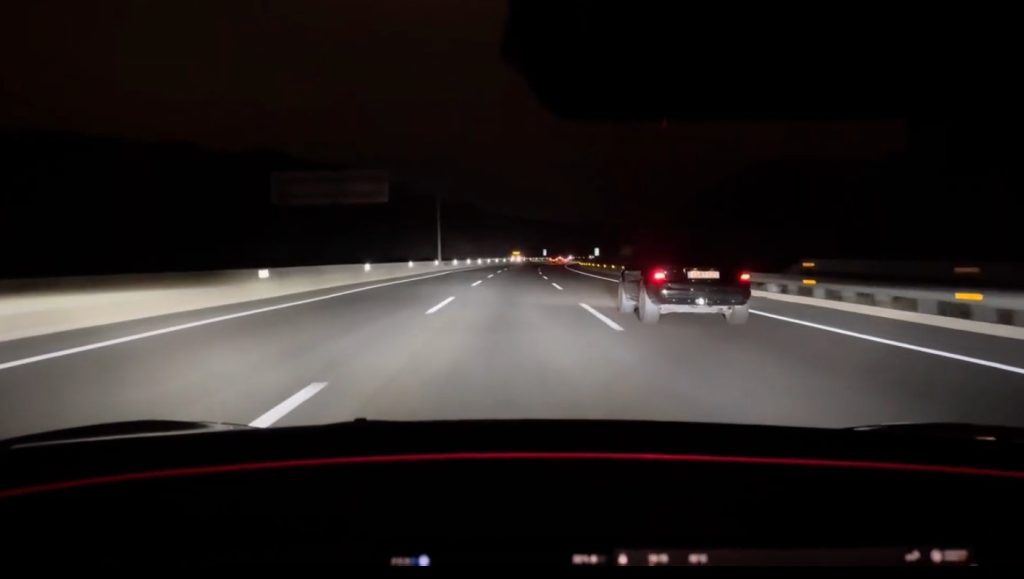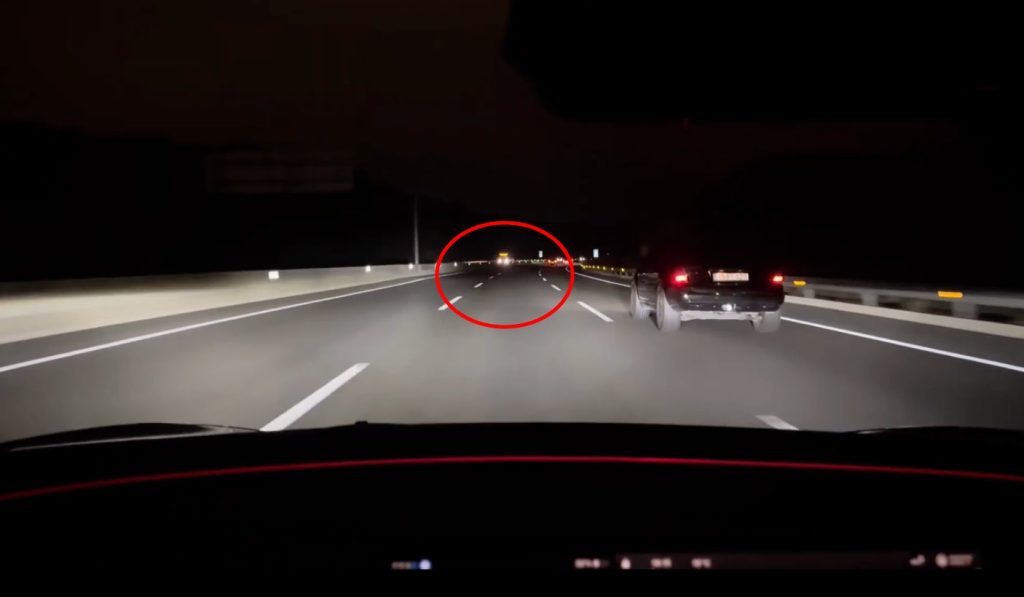News
Tesla Robotaxi is headed to a new U.S. state following latest approval
“Only a trained employee, contractor, or other person authorized by the company can operate or monitor the vehicles.”

Tesla Robotaxi is headed to a new U.S. state following its latest approval, which was revealed on Friday night.
Tesla has been operating its Robotaxi platform in Texas and California, with Austin being the first city where the company could test a ride-hailing platform without anyone in the driver’s seat.
First launching in Austin in late June, Tesla’s focus has been expanding its service area, its fleet of Robotaxi vehicles, and its rider population, which has grown most recently due to its public launch.
However, Tesla is also filing applications in states where these autonomous driving programs can operate, aiming to expand to all 50 states eventually. CEO Elon Musk said earlier this year that the company should be able to offer Robotaxi rides to roughly half of the U.S. population.
Alongside Texas and California, Tesla recently gained permission to test its Robotaxi in Nevada, marking the third state where it had some form of regulatory permission to perform rides using an unreleased version of the Full Self-Driving suite.
Tesla adjusts one key detail of Robotaxi operations in Austin
Now, Tesla has gained another approval in a new state, its fourth, marking a significant step in its expansion across the U.S.
In Arizona, Tesla gained regulatory approval to begin testing autonomous vehicles on public roads.
BREAKING: Tesla has officially received approval from the Arizona Department of Transportation to start testing autonomous vehicles on public roads.
Today, I confirmed directly with the Arizona DOT that @Tesla has met requirements to begin testing its autonomous vehicles in… pic.twitter.com/kjgFnKEcJF
— Sawyer Merritt (@SawyerMerritt) September 20, 2025
The vehicles in Austin and the Bay Area of California both use what Tesla has been referring to as “Safety Monitors” in the cars. During city operation in Texas, the Safety Monitor sits in the passenger’s seat. When the route takes the car on the highway, the Safety Monitor jumps into the driver’s seat.
Tesla explains why Robotaxis now have safety monitors in the driver’s seat
In California, the Safety Monitor is always in the driver’s seat.
In Arizona, Tesla will also utilize what a communication said was “Safety Drivers,” insinuating that the monitor would be in the driver’s seat. However, another line in the email states:
“Only a trained employee, contractor, or other person authorized by the company can operate or monitor the vehicles.”
It sounds as if there is the potential for the Safety Monitor to be in either seat, much like Tesla’s process in Austin. However, this is currently unconfirmed.
The new approval marks a drastic step forward for Tesla as it has received two new approvals in just two weeks. Regulatory hurdles seem to still be the biggest bottleneck for Tesla in terms of gaining permissions to operate in new states, but things seem to be moving along pretty well so far.

News
Ford is charging for a basic EV feature on the Mustang Mach-E
When ordering a new Ford Mustang Mach-E, you’ll now be hit with an additional fee for one basic EV feature: the frunk.

Ford is charging an additional fee for a basic EV feature on its Mustang Mach-E, its most popular electric vehicle offering.
Ford has shuttered its initial Model e program, but is venturing into a more controlled and refined effort, and it is abandoning the F-150 Lightning in favor of a new pickup that is currently under design, but appears to have some favorable features.
However, ordering a new Mustang Mach-E now comes with an additional fee for one basic EV feature: the frunk.
The frunk is the front trunk, and due to the lack of a large engine in the front of an electric vehicle, OEMs are able to offer additional storage space under the hood. There’s one problem, though, and that is that companies appear to be recognizing that they can remove it for free while offering the function for a fee.
Ford is now charging $495 on the Mustang Mach-E frunk (front trunk). What are your thoughts on that? pic.twitter.com/EOzZe3z9ZQ
— Alan of TesCalendar 📆⚡️ (@TesCalendar1) February 24, 2026
Ford is charging $495 for the frunk.
Interestingly, the frunk size varies by vehicle, but the Mustang Mach-E features a 4.7 to 4.8 cubic-foot-sized frunk, which measures approximately 9 inches deep, 26 inches wide, and 14 inches high.
When the vehicle was first released, Ford marketed the frunk as the ultimate tailgating feature, showing it off as a perfect place to store and serve cold shrimp cocktail.
Ford Mach-E frunk is perfect for chowders and chicken wings, and we’re not even joking
It appears the decision to charge for what is a simple advantage of an EV is not going over well, as even Ford loyal customers say the frunk is a “basic expectation” of an EV. Without it, it seems as if fans feel the company is nickel-and-diming its customers.
It will be pretty interesting to see the Mach-E without a frunk, and while it should not be enough to turn people away from potentially buying the vehicle, it seems the decision to add an additional charge to include one will definitely annoy some customers.
News
Tesla to improve one of its best features, coding shows
According to the update, Tesla will work on improving the headlights when coming into contact with highly reflective objects, including road signs, traffic signs, and street lights. Additionally, pixel-level dimming will happen in two stages, whereas it currently performs with just one, meaning on or off.

Tesla is looking to upgrade its Matrix Headlights, a unique and high-tech feature that is available on several of its vehicles. The headlights aim to maximize visibility for Tesla drivers while being considerate of oncoming traffic.
The Matrix Headlights Tesla offers utilize dimming of individual light pixels to ensure that visibility stays high for those behind the wheel, while also being considerate of other cars by decreasing the brightness in areas where other cars are traveling.
Here’s what they look like in action:
- Credit: u/ObjectiveScratch | Reddit
- Credit: u/ObjectiveScratch | Reddit
As you can see, the Matrix headlight system intentionally dims the area where oncoming cars would be impacted by high beams. This keeps visibility at a maximum for everyone on the road, including those who could be hit with bright lights in their eyes.
There are still a handful of complaints from owners, however, but Tesla appears to be looking to resolve these with the coming updates in a Software Version that is currently labeled 2026.2.xxx. The coding was spotted by X user BERKANT:
🚨 Tesla is quietly upgrading Matrix headlights.
Software https://t.co/pXEklQiXSq reveals a hidden feature:
matrix_two_stage_reflection_dip
This is a major step beyond current adaptive high beams.
What it means:
• The car detects highly reflective objects
Road signs,… pic.twitter.com/m5UpQJFA2n— BERKANT (@Tesla_NL_TR) February 24, 2026
According to the update, Tesla will work on improving the headlights when coming into contact with highly reflective objects, including road signs, traffic signs, and street lights. Additionally, pixel-level dimming will happen in two stages, whereas it currently performs with just one, meaning on or off.
Finally, the new system will prevent the high beams from glaring back at the driver. The system is made to dim when it recognizes oncoming cars, but not necessarily objects that could produce glaring issues back at the driver.
Tesla’s revolutionary Matrix headlights are coming to the U.S.
This upgrade is software-focused, so there will not need to be any physical changes or upgrades made to Tesla vehicles that utilize the Matrix headlights currently.
Elon Musk
xAI’s Grok approved for Pentagon classified systems: report
Under the agreement, Grok can be deployed in systems handling classified intelligence analysis, weapons development, and battlefield operations.

Elon Musk’s xAI has signed an agreement with the United States Department of Defense (DoD) to allow Grok to be used in classified military systems.
Previously, Anthropic’s Claude had been the only AI system approved for the most sensitive military work, but a dispute over usage safeguards has reportedly prompted the Pentagon to broaden its options, as noted in a report from Axios.
Under the agreement, Grok can be deployed in systems handling classified intelligence analysis, weapons development, and battlefield operations.
The publication reported that xAI agreed to the Pentagon’s requirement that its technology be usable for “all lawful purposes,” a standard Anthropic has reportedly resisted due to alleged ethical restrictions tied to mass surveillance and autonomous weapons use.
Defense Secretary Pete Hegseth is scheduled to meet with Anthropic CEO Dario Amodei in what sources expect to be a tense meeting, with the publication hinting that the Pentagon could designate Anthropic a “supply chain risk” if the company does not lift its safeguards.
Axios stated that replacing Claude fully might be technically challenging even if xAI or other alternative AI systems take its place. That being said, other AI systems are already in use by the DoD.
Grok already operates in the Pentagon’s unclassified systems alongside Google’s Gemini and OpenAI’s ChatGPT. Google is reportedly close to an agreement that will result in Gemini being used for classified use, while OpenAI’s progress toward classified deployment is described as slower but still feasible.
The publication noted that the Pentagon continues talks with several AI companies as it prepares for potential changes in classified AI sourcing.










